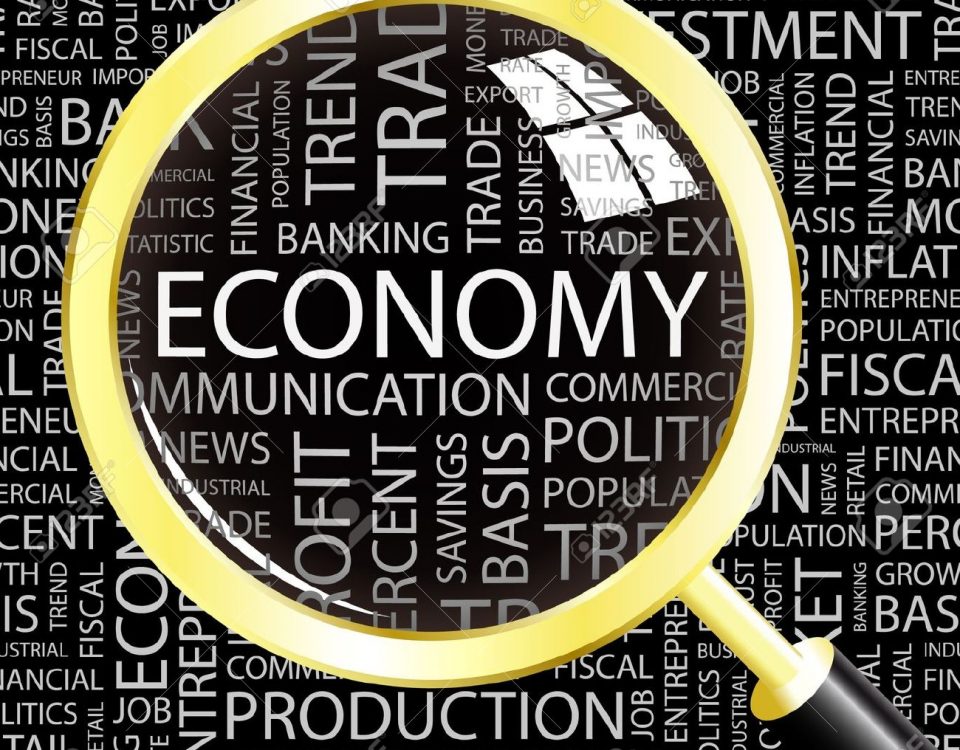Nigeria Update: Buhari demands N242b for 2019 elections

Nigeria Update: First Bank restates commitment to agro-businesses financing (Nigeria)
July 16, 2018
Nigeria Update: ‘Lower purchasing power, fund costs, credit risks challenge economy’
July 18, 2018“The aggregate cost of the 2019 elections is estimated at N242,445,322,600.00, but only N164,104,792,065.00 will be spent for urgent needs of the polls because of funds constraints,’’ President Muhammadu Buhari disclosed yesterday.
In a letter read by Senate President Bukola Saraki to senators at the commencement of yesterday’s session, Buhari asked that the sum of N228,854 billion of the N578,319 billion worth of projects ‘inserted’ by the National Assembly into the 2018 budget be vired or converted for the purpose of funding the election.
This will also fund N64,749 billion worth of critical projects, which the assembly had earlier cut off from the budget.
The letter, tagged, ‘Request for Virement and Supplementary 2018 Budget’, reads: “As you are aware, the 2019 general election is scheduled to be conducted early in 2019.
To ensure that adequate arrangements are made for free and fair elections, it has become necessary to appropriate funds to enable the relevant agencies to commence preparations. INEC and the security agencies have accordingly recently submitted their requests.
These have been subjected to the usual budget evaluation. The aggregate cost of the elections is estimated at N242,445,322,600.00.”
He added: “In the light of prevailing fiscal constraints, I am proposing that the sum of N164,104,792,065.00 be provided for through virement or supplementation of the 2018 budget.
I propose that the balance of N78,340,530.535.00, mostly related to personnel allowances, fueling and other costs not required until the election proper, be provided in the 2019 budget.”
Meanwhile, in a keynote address he delivered yesterday on the occasion of the 20th anniversary of the International Criminal Court (ICC), The Hague, Holland, Buhari restated his administration’s commitment to doing “everything possible to ensure that Nigeria witnesses the conduct of free, fair and peaceful elections in 2019.”
The only president invited to the event marking the adoption of the ICC Rome Statute, he said: “Contrary to the tragic incidents that characterised the 2011 general elections in Nigeria, which necessitated preliminary investigations by the International Criminal Court, I assure you that all hands are on deck to prevent any recurrence of such tragic incidents.
These could include serious cases of corruption by state actors that severely compromise the development efforts of countries and throw citizens into greater poverty.
These could also include cases of illicit financial flows where countries are complicit and obstruct repatriation of stolen assets. As the African Union Champion on Anti-corruption, these are issues dear to my heart.”
He said Nigeria’s untiring cooperation and support for the court was “borne out of our strong belief in the respect for the rule of law and human rights, and in our firm commitment to the sanctity of fundamental freedoms at international and domestic levels, as ingrained in the objectives for establishing the Court.”
He said Nigeria has demonstrated its confidence in the court by “full and transparent cooperation” on matters on which it is being investigated and in “several country statements at the sessions of the Court.”
Buhari advised the court to “take on board all constructive criticisms and allay lingering fears and concern through targeted messaging, awareness raising and possible modification of some legal provisions.”
“If properly articulated, communication and awareness raising would engender trust and encourage greater cooperation of Member States with the Court and even encourage non-Member States to decide to become Members.
It must avoid even a hint of bias or political motivations.”
Urging states that have not done so to accede to the Rome Statute of the ICC, so that it can become a universal treaty, Buhari said: “The goals and responsibilities of the Court are no doubt very challenging and daunting.
But with the cooperation of all, coupled with the high calibre of judges and staff of the Court, the challenges are not insurmountable.
I, therefore, urge all States not to politicize the decisions of the Court but to always bear in mind the rationale for the establishment of the Court in the first place.”
He congratulated Judge Chile Eboe-Osuji on his election as President of the ICC, describing him as “a cherished son of Nigeria.”
Over 25 high-level state officials attended the event. They included the President of the Assembly of States Parties to the Rome Statute, O-Gon Kwon; ICC Prosecutor Fatou Bensouda, ICC Registrar Peter Lewis, UN Legal Counsel Miguel de Serpa Soares and others.
But the opposition Peoples Democratic Party (PDP) seized the opportunity of the visit to highlight alleged rights abuses in Nigeria, asking the ICC to quiz Buhari.
In a statement released Monday by its spokesman, Kola Ologbondiyan, it noted “the globally documented abuse of human rights in Nigeria, particularly, the U.S. Department of State 2017 Human Right Report, which catalogued issues of extrajudicial and arbitrary killings; disappearances and arbitrary detentions and torture, particularly in detention facilities in Nigeria under this administration.”
The party charged Buhari to report his administration to the court over alleged crimes against humanity and killings under his government.
It recalled it had earlier filed a petition at the United Nations against the president over alleged rights violations in the country, stressing: “What the Presidency seeks to hide from Nigerians is that the ICC Rome Statute deals directly with critical issues of crime against humanity and genocide, which are already prevalent in Nigeria under President Buhari’s watch.”

